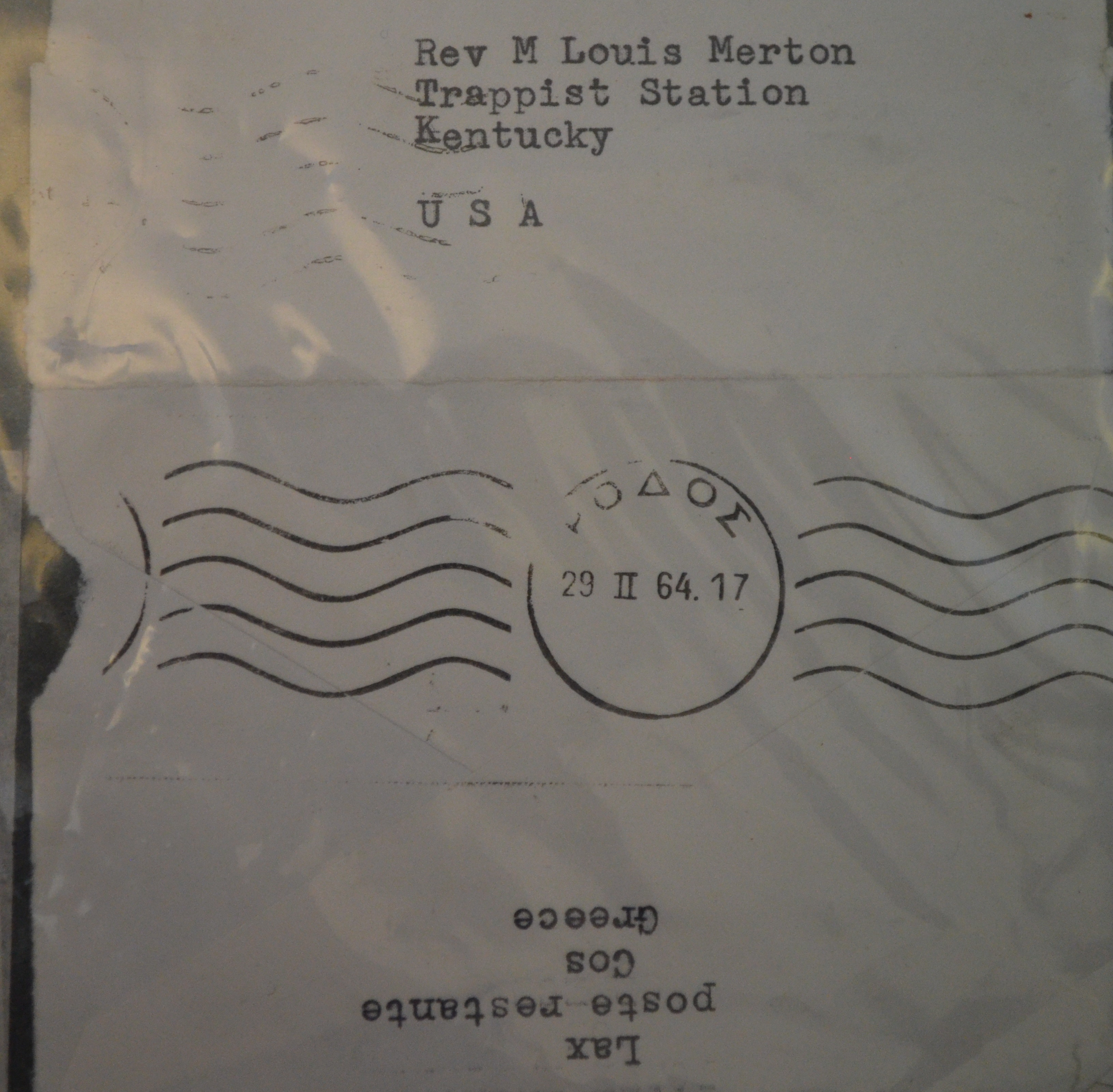Oscar Wilde once wrote, “Every great man has his disciples, and it is always Judas who writes the biography.” I came across this barb in a book by biographer Michael Holroyd while researching attitudes and approaches to writing about people. Wilde, of course, knew he was destined to become the subject (or, as he might have said, the target) of someone’s research someday. Not only was he an important literary figure but he challenged his society’s norms and had enough skeletons in his closet to cast the fight scene in Jason and the Argonauts (if you haven’t seen it, look it up: it gave me nightmares as a child in 1963).
Other writers have been equally brutal in their depictions of biographers, even those like Henry James who believed we need to know about an author’s life to fully appreciate his writings. James’s bête noire was the snoop who seeks to go where the work doesn’t go, prying into hidden letters and private moments that have little to do with art. The salacious scribblings of these pretenders, he wrote, are “the trivial playing at the serious.” Before he died, he burned as many of his papers as he could. Even so, Leon Edel managed to find enough material to write a five-volume version of James’s life. Edel took his work seriously enough to win a Pulitzer and a National Book Award, but he enjoyed the game of it as well: the scavenger hunt, the hide-and-seek.
Two things have particularly surprised me in my research: How vituperative some writers are at the mere mention of biography, and how defensive biographers are about what they do. I’ve looked at hundreds of books and essays by biographers about biography. A disturbing number begin with a defensive stance or, more alarming still, an admission that what biographers do is indefensible. These guilty souls pour their sins out on the page. Then, like Catholics coming from confession, they go out and sin again. As if researching biographies is like crack addiction. Or maybe serial killing.
And perhaps it is. It’s certainly obsessive and some people are more susceptible to it than others. It is often done in dingy and bad-smelling places. And there is definitely a high each time you find that vein, that mother lode, that deed or line or tryst that seems to explain the previously inexplicable or opens up new areas of inquiry.
I tend to think, however (maybe because my first biography will soon be published) that most biographers are less interested in finding dirt or getting thrills than simply learning about people. Especially people similar to them who have been more successful or better known or more intriguing in some other way. They want to know what makes these people tick, at least in part because they want to know what motivates and shapes themselves.
Yes, there are those who want only to pin Gulliver to the ground or, like the jackal, eviscerate the mighty lion. And yes, even the best-intentioned biographers love to open long-sealed letters or listen to what no one can pretend is anything but gossip. But we live our lives surrounded by strange, mysterious beings. We observe them and we listen to them. We wonder why they said or did that. And even the best of us, including those self-righteous writers who dismiss biographers as scum, evaluate and sometimes judge others—to learn from them and be inspired, to see life differently and maybe change, to be amused and entertained by them, and yes, to shake our heads at cautionary tales…or just to feel superior.


